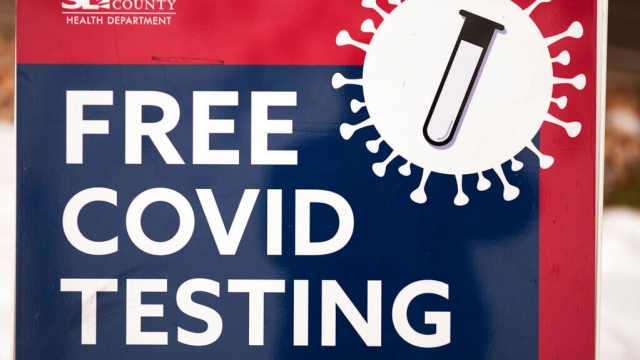After more than three years, the COVID-19 public health emergency is set to end, after the federal government chose not to renew it. This means a lot of changes are on the way, which will affect everything from free vaccines and tests to food assistance programs.
While COVID-19 no longer dominates the headlines, this is as much of a symbolic end to the pandemic as it is a concrete end to many of the pandemic-era programs to which we've grown accustomed.
Under the public health emergency, COVID-19 vaccines were free, and they still will be — regardless of insurance coverage — as long as those federally purchased supplies last. Once those run out, you might start seeing copays and other fees. The cost will depend on what type of coverage you have, so experts suggest asking about those fees before you get a vaccine, so you're not surprised.
SEE MORE: As COVID health emergency ends, long haulers fear being forgotten
The same goes for tests. After Thursday, there will be no guarantee that tests are free, and there may be some costs for the associated doctor's visit if the test is administered somewhere other than at home. The costs and other details will vary by state and depending on what kind of insurance coverage a patient has.
There will also be more cost for pharmaceutical COVID-19 treatments like Paxlovid — but that's once federally purchased supplies run out.
Something else that will come to an end are certain food assistance program benefits. Under the public health emergency, work requirements for federal food assistance programs were paused in more than two dozen Republican-controlled states, but those requirements will go back into effect.
There are also health risks associated with the end to the public health emergency, according to experts. The Kaiser Family Foundation has noted that people may delay or go without care due to cost, which it says could have broad implications for people's ability to get timely COVID-19 diagnoses or prevent transmission.
Trending stories at Scrippsnews.com




